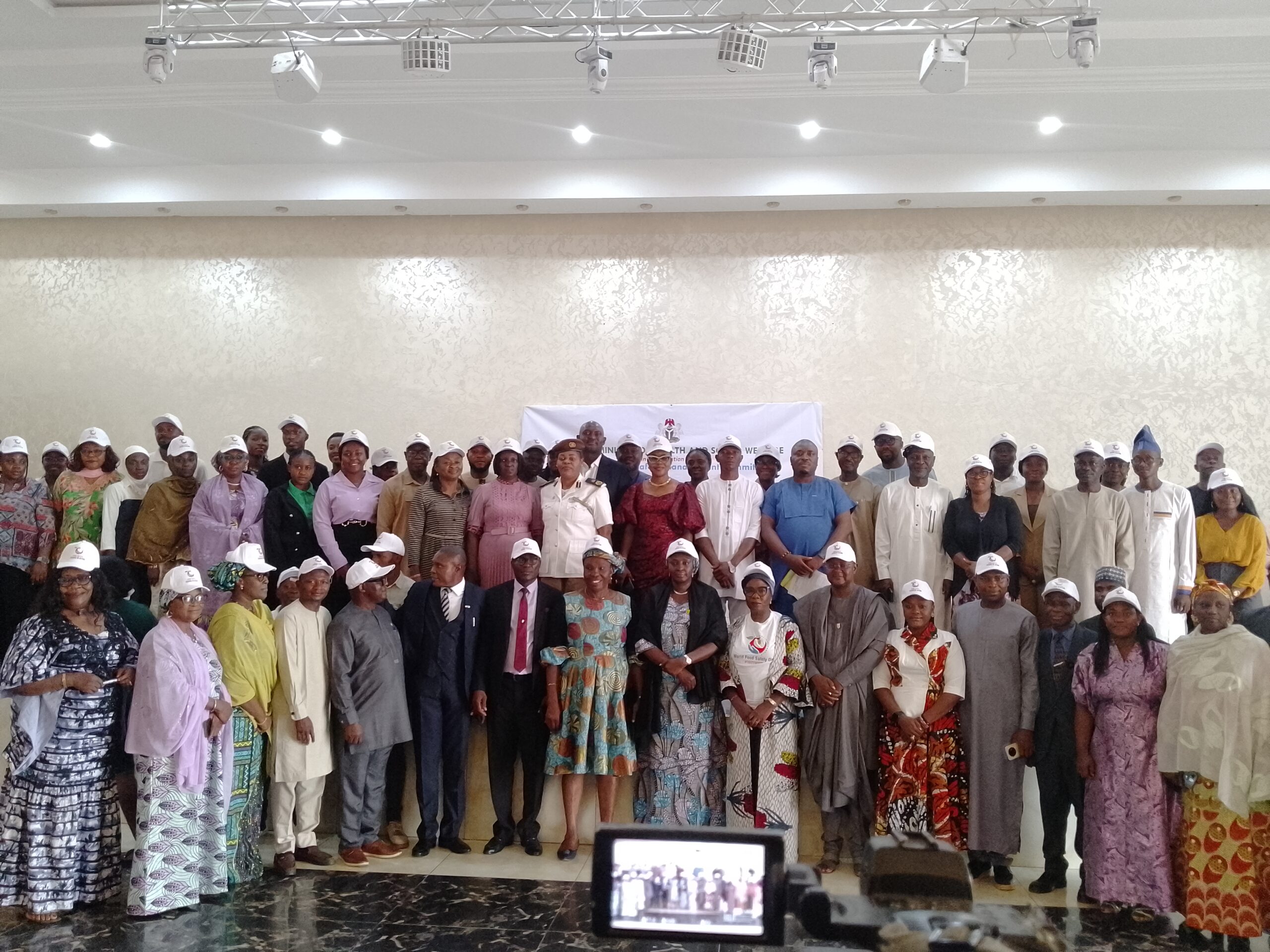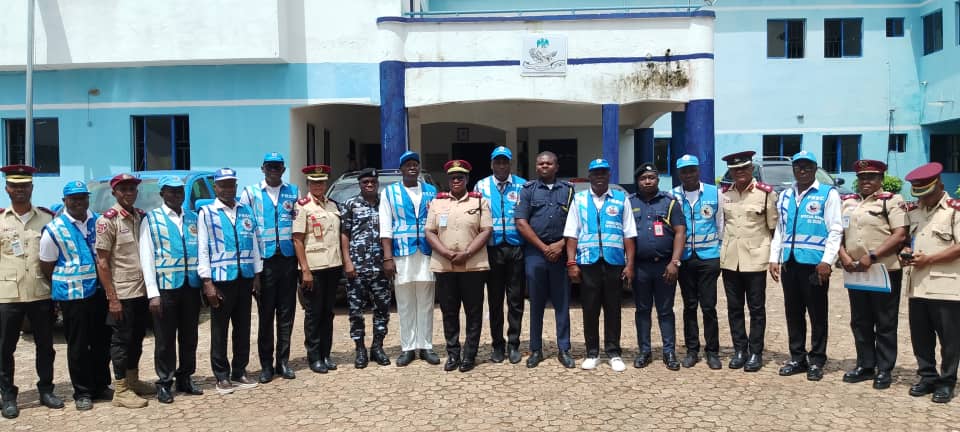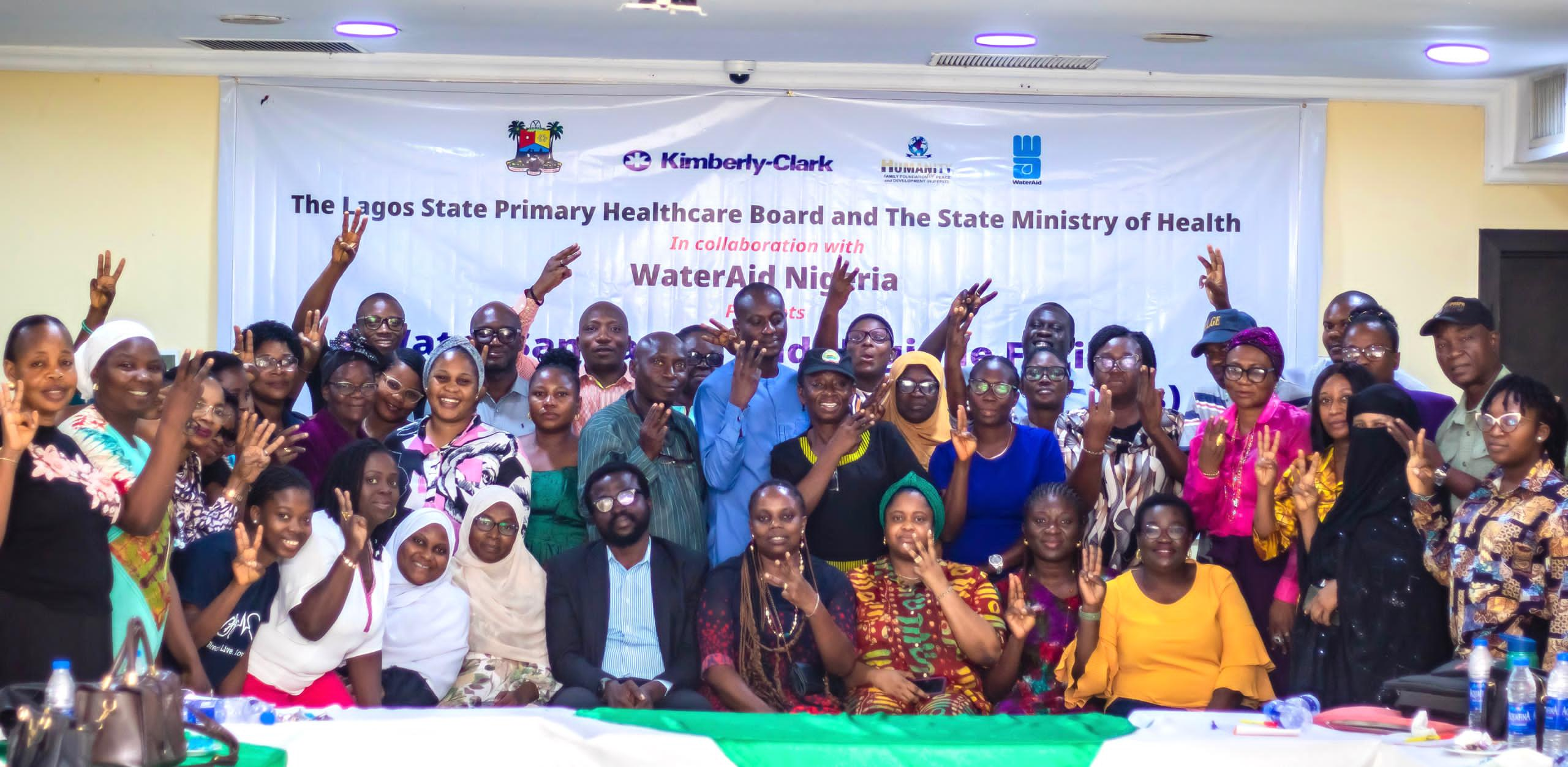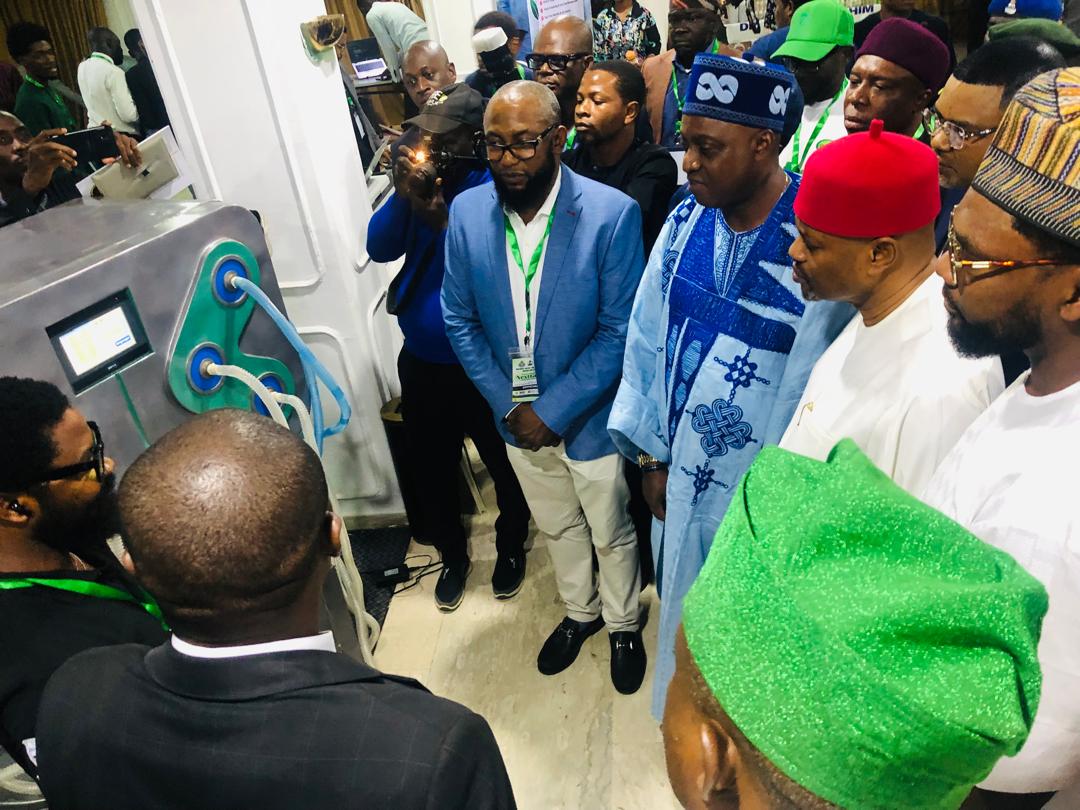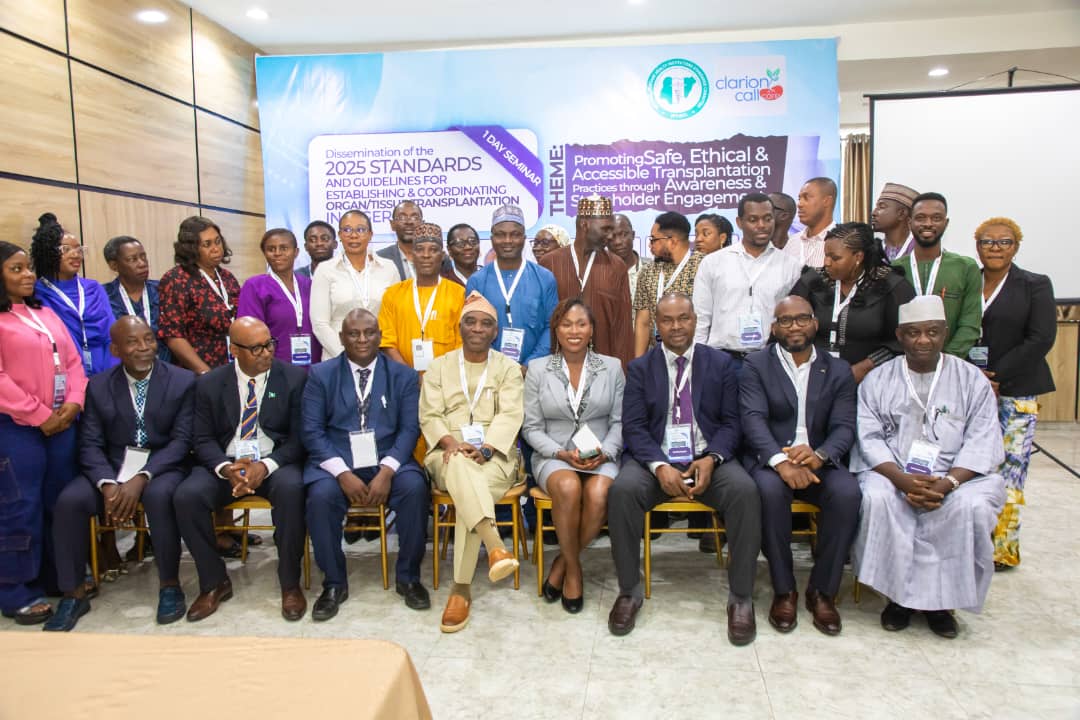
In a decisive step to tackle unethical and illegal organ and tissue transplantation practices in Nigeria, the Federal Ministry of Health and Social Welfare has recently inaugurated the National Tertiary Health Institutions Standards Committee (NTHISC) in line with the National Health Act 2014.
Chaired by Professor Philip O. Abiodun, the committee is tasked with developing and enforcing national standards and guidelines to safeguard donor and recipient rights, ensure quality care, and eliminate malpractice.
Earlier in March 2025, the committee—comprising leading Nigerian health professionals at home and abroad—unveiled the 2025 Standards and Guidelines for Organ and Tissue Transplantation in Nigeria, a framework aligning the country’s practices with global best standards.
To deepen awareness and drive adoption, the Ministry, in partnership with the Clarion Call Care Foundation (CCCF), convened a one-day stakeholder seminar in Abuja, the first in a series of regional dissemination programs.
Delivering the keynote address, Prof. Abiodun warned of the dangers of weak regulation, citing reports of underage and poor Nigerians coerced into organ donation, and young women repeatedly recruited to donate eggs without adequate risk awareness.
“The 2025 Standards and Guidelines are Nigeria’s powerful tool to regulate every aspect of organ and tissue transplantation—ensuring safety, maintaining quality, and stamping out exploitation,” he said.
He stressed that the true impact of the guidelines depends on nationwide adoption and strict enforcement, urging transplant facilities, regulators, surgeons, policymakers, and civil society to fully commit to ethical practices.
Among the next steps, Prof. Abiodun announced:
Mandatory registration of all transplant institutions and practitioners.
Creation of a National Organ Donation and Transplantation Registry to track activities, monitor outcomes, and support research.
Establishment of organ and tissue banking facilities for improved access.
Integration of transplantation services into the National Health Insurance Authority (NHIA) to ease patient costs.
He also appealed to philanthropists, development partners, and the private sector to support these reforms through funding, expertise, and advocacy.
Commending the Ministry’s leadership, Prof. Abiodun lauded the support of Permanent Secretary Daju S. Kachallom, mni, and the CCCF.
READ ALSO: Appeal Court Orders CBN to Release Pilgrims’ Subsidized Forex Records, Upholds HEDA’s FOI Victory
Anambra First Lady Gives Ekwunife 72 Hours to Retract Allegations or Face Legal Action
In her remarks, Dr. Iyore James, CCCF President, reaffirmed the Foundation’s commitment to promoting ethical practices in transplantation.
The seminar, themed “Promoting Safe, Ethical and Accessible Transplantation Practices through Awareness and Stakeholders’ Engagement”, underscored the need for collective action to build a safe, ethical, and equitable transplantation system in Nigeria.

